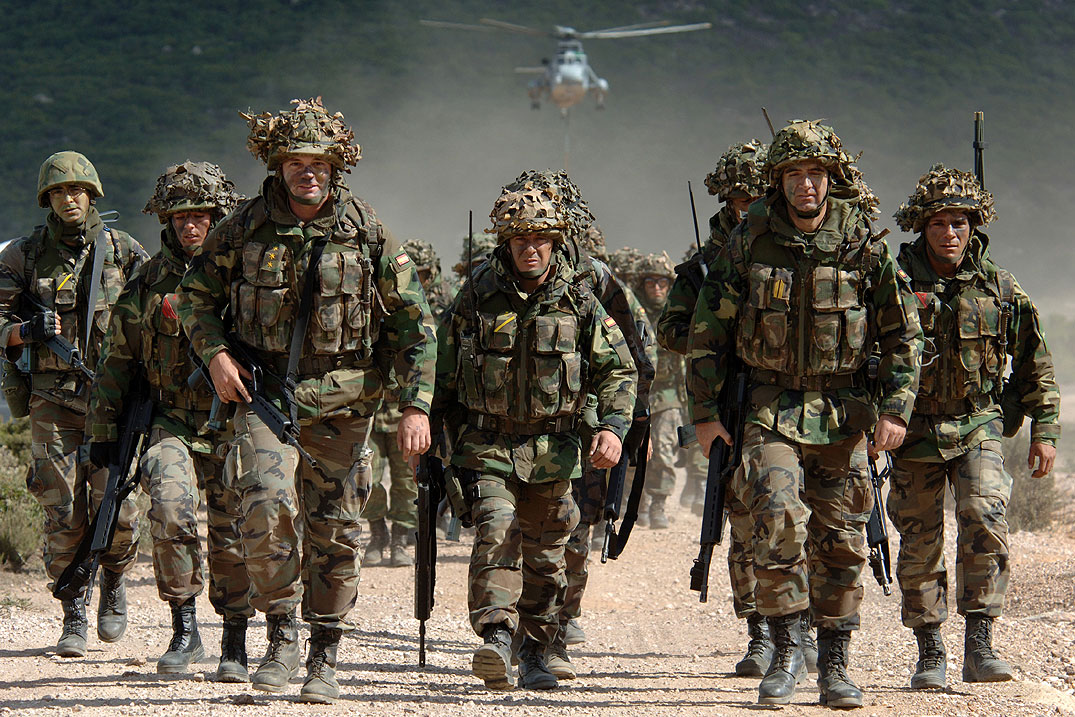ACCRA, Ghana – Why was a British general having a closed door meeting with our president and the Ghanaian military? Why were they discussing among other topics the DRC (as was reported) when the current focus is on Mali? What has the DRC got to do with Mali? Why do we even have to consider British transport of Ghanaian troops (numbered at 120) when the administration of the late president Mills purchased two C-295 military transport aircraft delivered before he passed away (each capable of transporting about 70 troops) or is the British transport offer a smokescreen to allow the discussion of a more sinister agenda?
Can someone at the GAF answer this?
What were the original events that triggered the recent conflict in Mali, which has now ensnared Ghana and host of other West African nations, and what are the reasons behind these trigger events? What really is “Al-Qaeda” and how did this group come about? What are the strategic advantages and the natural resources that NATO nations spearheaded by their axis powers (America-Britain-France) will gain from their current military invasion of Africa?
These and many more are the questions I wish to bring to the attention of the reader. It is time once more to dig deeper than the surface level. The main thesis of this article is that Ghana and the wider West African nations have inadvertently courted big trouble because of the recent happenings in Mali and are being played as pawns by the very ones who are now in West Africa offering us a helping hand. I intend to explain what I mean by this.
Africa is in deep trouble and Ghana will likely not escape this trouble in the long run. The trouble in Mali signals the beginning of a much wider series of conflicts that could easily engulf other nations, plunging more and more of the continent into turmoil. Some forces external to Africa are bringing chaos to our continent, so that out of that chaos, a new order, their order, will emerge. The chaos will take the form of many wars in different parts of the continent which are seemingly unconnected on the surface level but at the root level have common influences.
I ask the reader to be patient and to examine my entire case before forming a final opinion. This article contains some ideas and some information which some may find difficult to digest but which in my view reflect the reality of the world today.
SYNOPSIS OF THE SITUATION AT THE SURFACE LEVEL
At the surface level, the situation seems straightforward: Tuareg fighters backed by Islamist extremists and with superior Gaddafi-given weapons attacked the sovereignty of Mali and quickly gained the upper hand against a weak, disorganised and disunited Malian army.
At first the Tuaregs were content with forming a separate nation (called Azawad) but soon after, the more extreme viewed Islamic fighters many of whom are foreign to Africa took over, turning rather to conquest of not only the rest of Mali but all of Africa, Europe and the world (according to one of their leaders).
With quick organized action and with better weapons, Al-Qaeda in the Maghreb (AQIM) and Ansar Dine allied with Tuareg forces advanced into areas held by the Malian army, forcing the appointed Malian government to request military assistance from former colonial master France, asking ECOWAS also to join in.
By virtue of being ECOWAS members, the black nations of West Africa (Ghana included) were compelled to join an ethnic conflict although the constituent ECOWAS nations are financially broke and are militarily not very organized as a bloc. France quickly deployed its war machinery ahead of ECOWAS and with superior technology on the ground, in the air and in space, this “former” colonial power, backed logistically and in other ways by other NATO members, began a fierce bombing campaign killing both innocent bystanders and the targeted Tuareg and Al-Qaeda fighters.
Yet these losses (especially the civilian ones) were seen as necessary “collateral damage” because France’s cause was just! The Tuareg and their allies were pushed out of Timbuktu and Gao – these Islamist fighters withdrew, seemingly melting away from the European offensive (more swiftly than one might have expected) and into northern strongholds as well as into the into the population. Western and even African media piled massive praise on France, and it seems the Malians were overjoyed (the black populations of Mande and others, at least), saying “vivre la France!”










